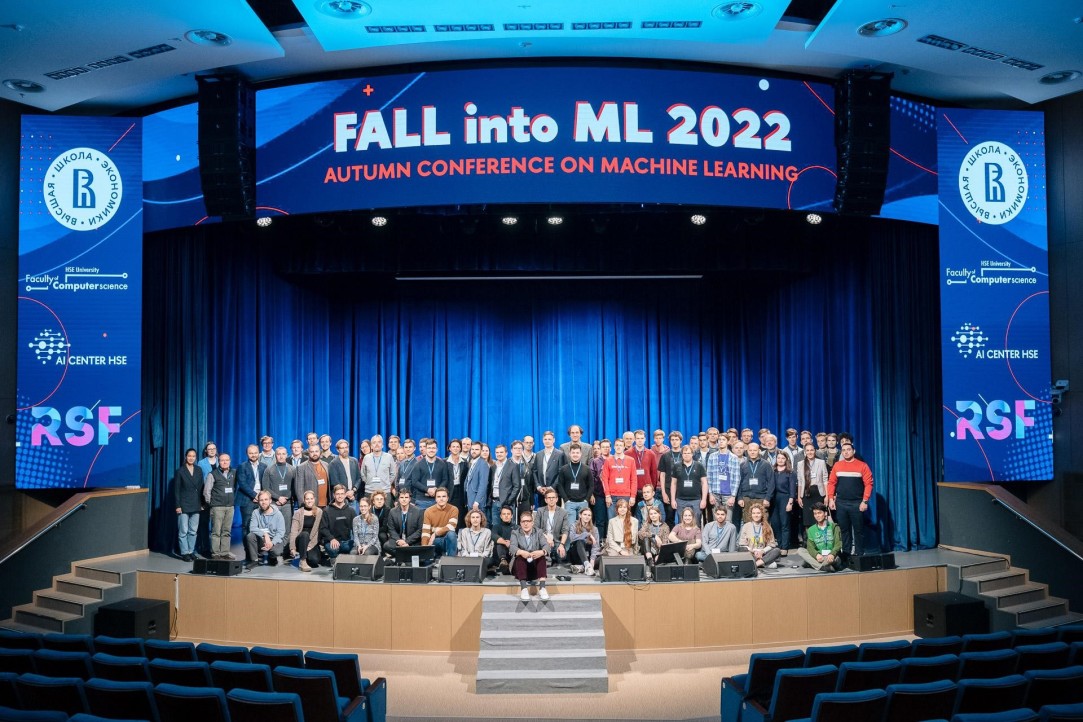
Research & Expertise

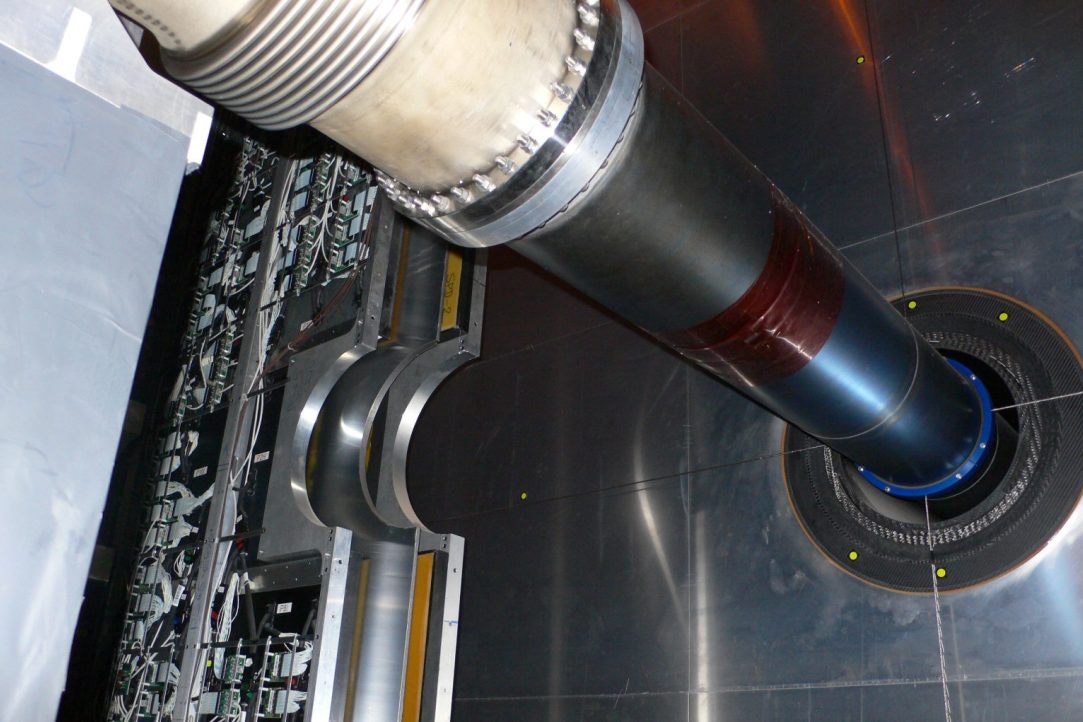



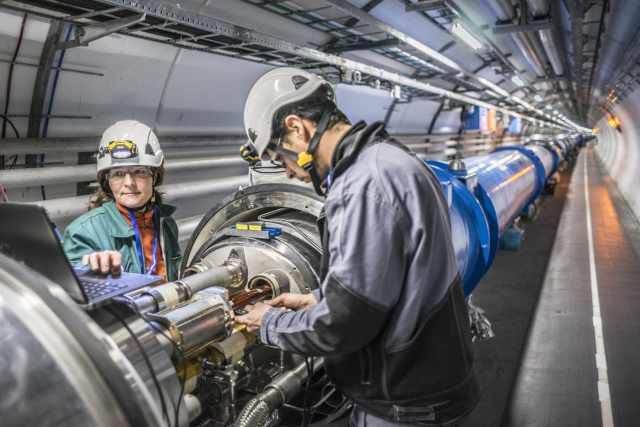
The Higher School of Economics has joined the LHCb collaboration at the Large Hadron Collider, which is operated by the European Organization for Nuclear Research. The group from HSE will consist of researchers from the Laboratory of Methods for Big Data Analysis (LAMBDA). This will give HSE researchers full access to data from the collaboration and allow the university to participate in various projects.
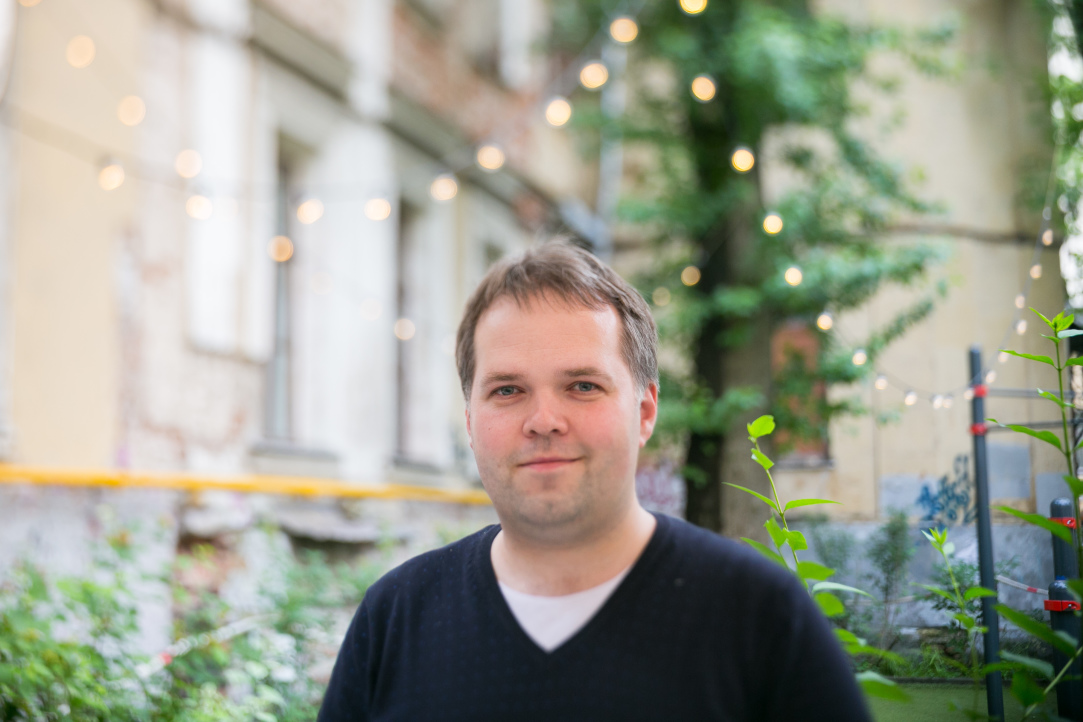
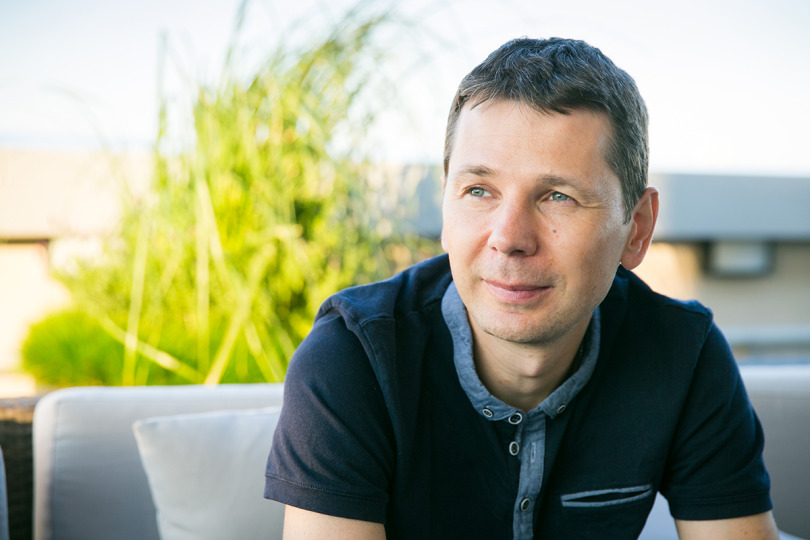
1
2
